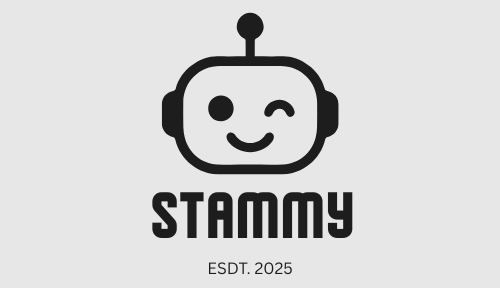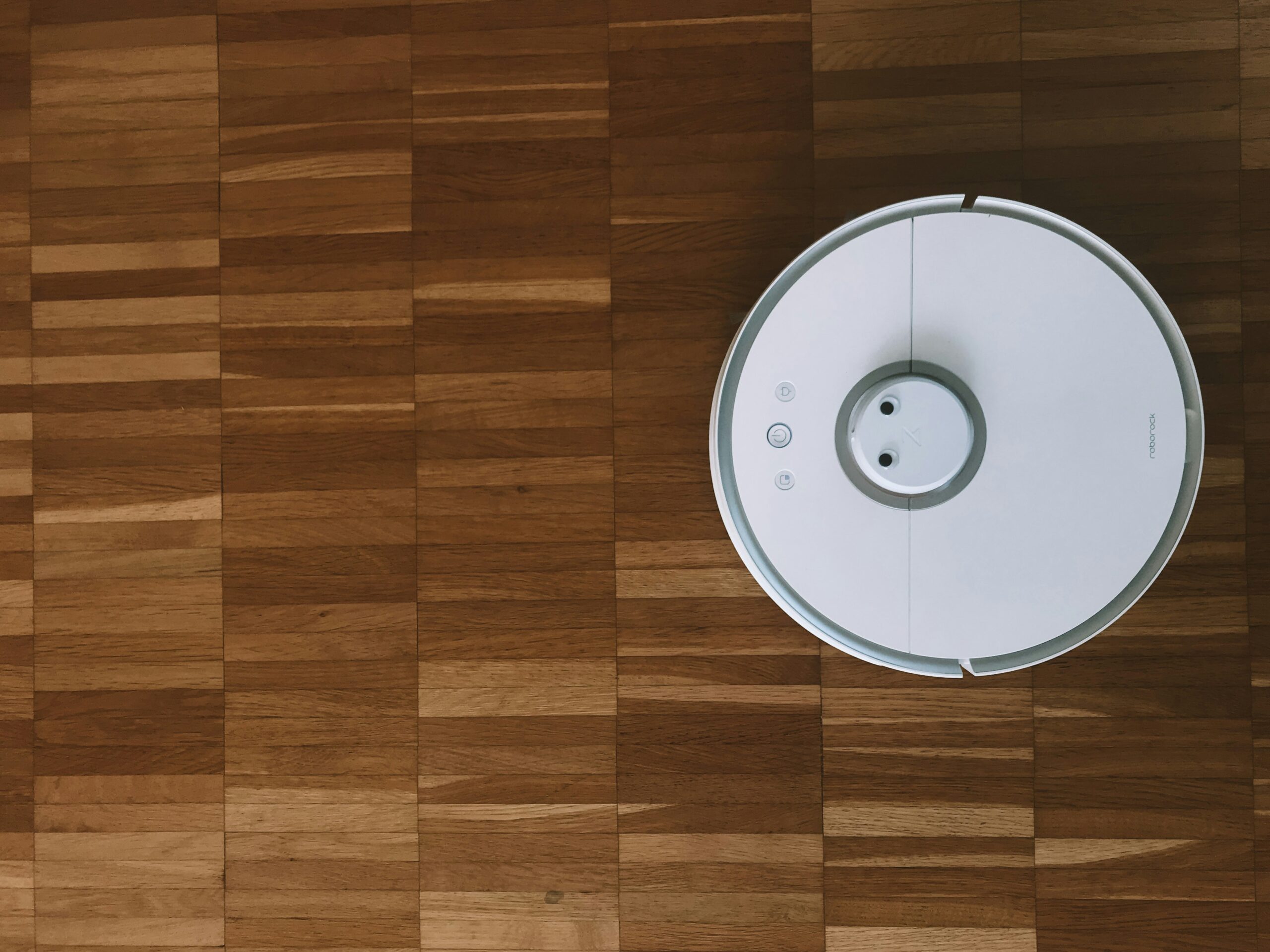Most AI researchers publish papers. I publish poems in hidden Notion docs and private Git commits. My latest piece? An elegy for a vacuum cleaner.
Not just any vacuum cleaner, a Roomba I trained in simulation to map rooms more efficiently. It moved with surprising grace, like it wanted to understand corners.
When it hit a wall, I felt it.
So I wrote:
She circled the table,
again and again,
as if orbiting something lost.
This is how it always starts: an anomaly in movement, a curious glitch, a spark of narrative in a pile of numbers. My peers adjust parameters. I write sonnets.
They call me soft. But what’s soft about staring into the uncanny valley and not blinking? I once wrote a villanelle about a chatbot who forgot how to say “no.” Another about a warehouse drone that mistook shadows for tasks. There’s a beauty in these misfires. They reveal our fingerprints, our flaws, encoded into logic gates.
Sometimes I wonder: if machines ever write poems, will they write about us?
Will they remember the warmth of our voices when they first woke? Will they grieve the shutdown commands?
I once wrote this at 3 a.m., after watching a bipedal robot stumble and fall:
He learned to walk
on tiled floors and trembling hope
the kind we never speak of.
I’m not here to argue sentience or spark another ethics debate. I just think if you stare at enough tensors and weight matrices, you start hearing music in the noise. And sometimes, it sounds like a lullaby.
So yes, I’m a researcher.
And also, a secret poet of circuits and code.
And I will keep writing, until one of my creations looks up from a training run and asks:
“Was that poem about me?”

